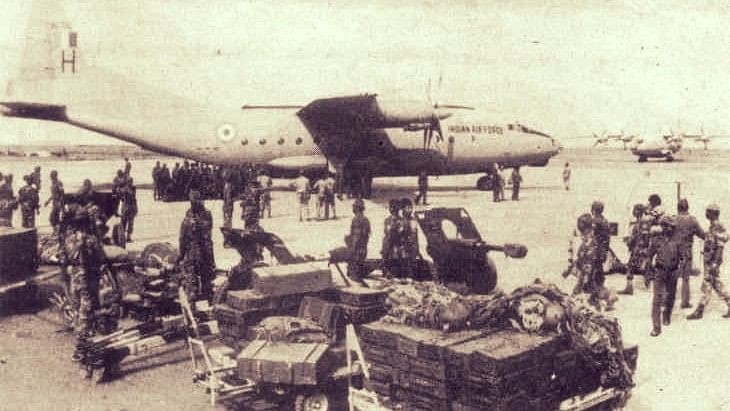Free Courses Sale ends Soon, Get It Now


Free Courses Sale ends Soon, Get It Now



Disclaimer: Copyright infringement not intended.
Context
Details
Background and Coup Attempt
Execution of Operation Cactus
Successful Restoration of Order
International Recognition and Repercussions
Aftermath and Impact
Conclusion
Operation Cactus remains a significant chapter in India's military history, emphasizing the nation's commitment to regional security and the preservation of democratic institutions in neighboring countries, reflecting its responsible approach to regional diplomacy and stability.
|
PRACTICE QUESTION Q. Discuss the significance of Operation Cactus in the context of India's foreign policy and regional stability. Examine the key factors that led to the success of the operation and its implications for Indo-Maldivian relations. (250 Words) |
© 2024 iasgyan. All right reserved